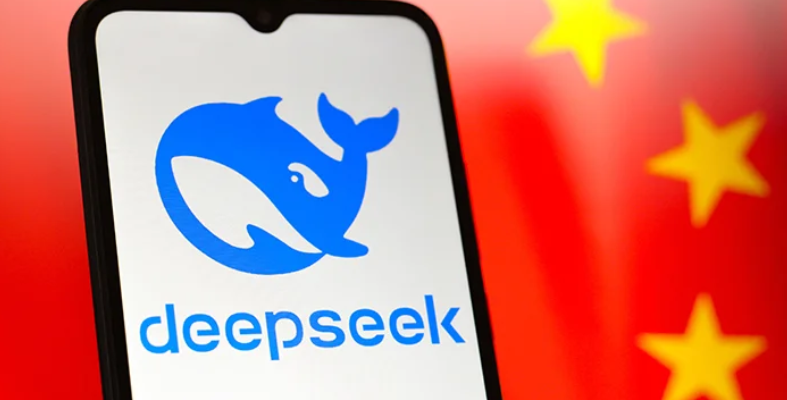Toxic warning for China’s DeepSeek AI app
On January 31, Texas became the first US state to ban the Chinese-owned generative artificial intelligence (AI) application, DeepSeek, on state-owned devices and networks. New York swiftly followed suit on February 10 with Virginia imposing a ban on February 11.
The Texas state governor’s office stated: “Texas will not allow the Chinese Communist Party to infiltrate our state’s critical infrastructure through data-harvesting AI and social media apps. State agencies and employees responsible for handling critical infrastructure, intellectual property, and personal information must be protected from malicious espionage operations by the Chinese Communist Party. Texas will continue to protect and defend our state from hostile foreign actors.”




